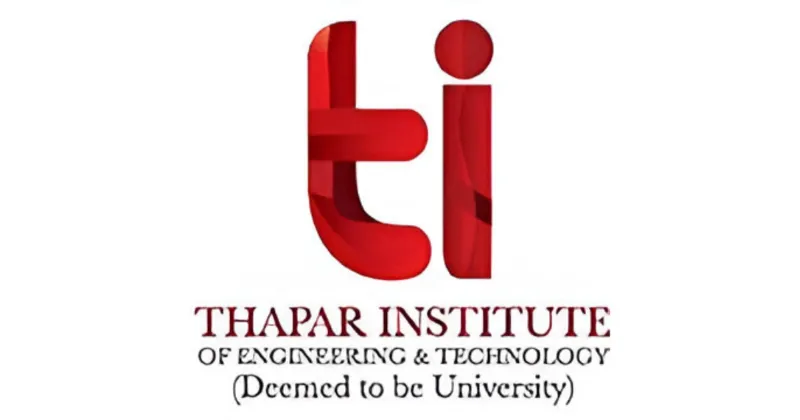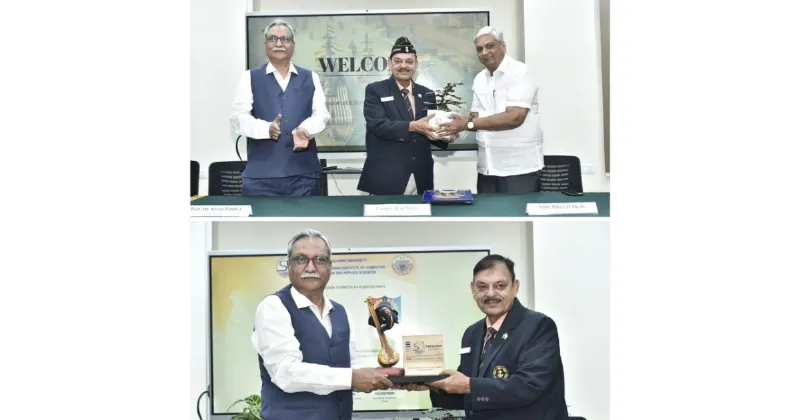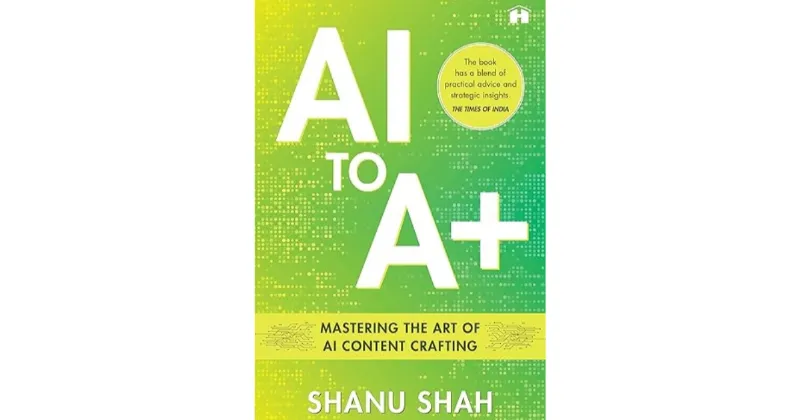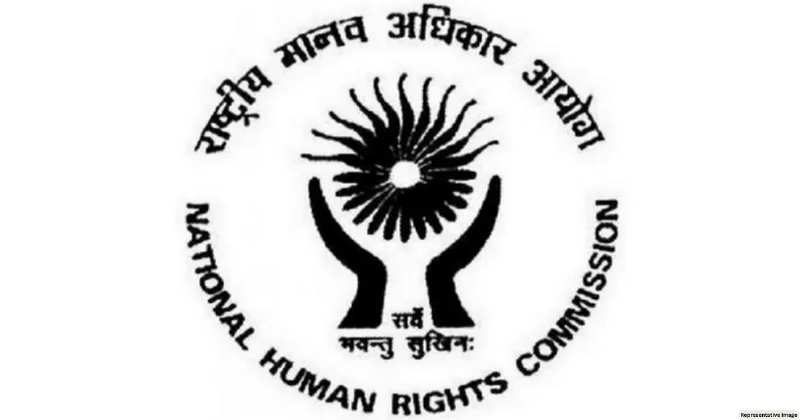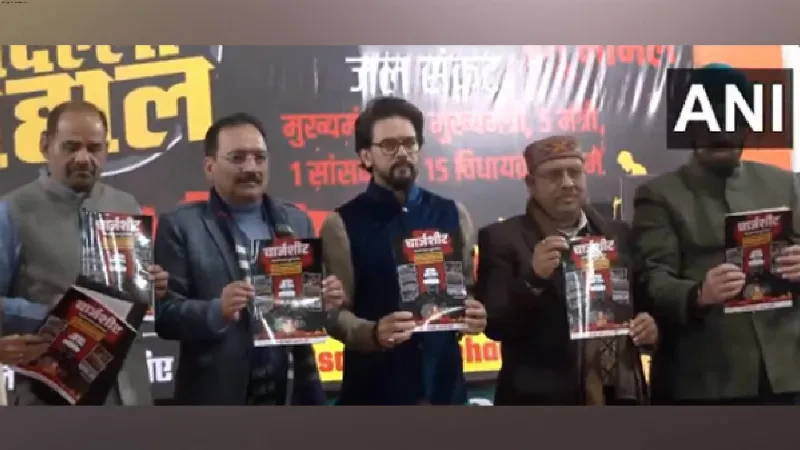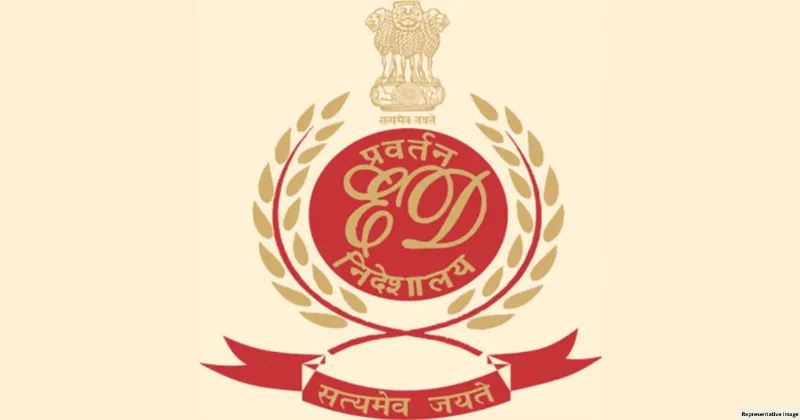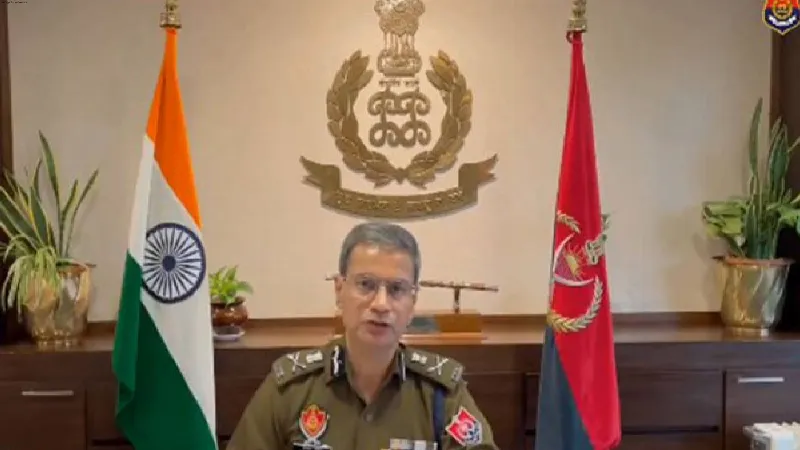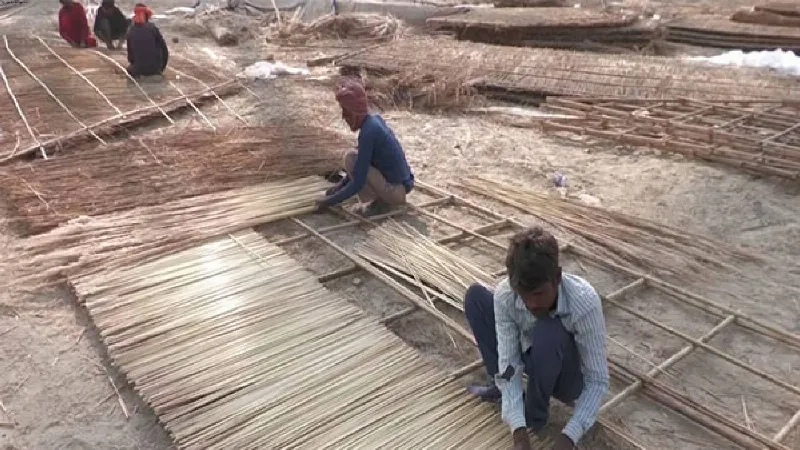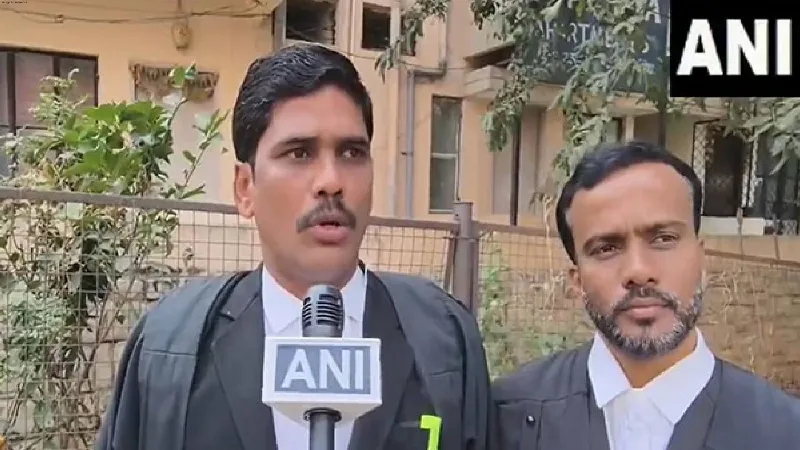The first comprehensive book on Indian modern art “The Gems of Indian Art” launched

New Delhi: An impressive and beautiful book of nearly 300 pages documenting the late Harish Khullar’s collection of 20th century Indian modern and contemporary art was released at two events held in New Delhi during February 2024 by the Minister of Road Transport and Highways Shri Nitin Gadkari and Minister of Law and Justice, Parliamentary Affairs and Culture Shri Arjun Ram Meghwal, respectively. Health Minister Shri S.P.S. Baghel was also present on the occasion.
Replete with beautiful photographs of the artists’ works, the Gems of Indian Art, Volume 1, documents a part of the extraordinary collection that enjoys international renown for its exceptional quality and the prestigious provenance of many of its works personally collected by the Khullar family from all over the world.
The Khullar family’s art collection, mostly built by the late Harish Khullar, has been augmented by the efforts of his son Gaurav Khullar and his grandson.
Private art collections in India are a relatively new phenomenon as compared to the West. Starting in the 1960s, private collector Jehangir Nicholson gradually built an important collection of 800 modern and contemporary Indian artworks over almost 50 years. He was one of India’s first private collectors of post-independence Indian art and a major repository of the works of the Bombay Progressive Artists Group that included luminaries like M.F. Husain, S.H. Raza and Krishen Khanna.
Established by avid art collector Kiran Nadar, the Kiran Nadar Museum of Art (KNMA) opened at New Delhi, in 2010, as India’s first private museum of art exhibiting modern and contemporary works from the Indian sub-continent. The core collection of the museum comprises post-Independence 20th century painters.
Besides these, the Centre for International Modern Art (CIMA) is one of the most celebrated art galleries of Kolkata and was founded in 1993 by the leading media house ABP Limited. The centre was designed on the lines of international art galleries located in London, Paris and New York.
Nourishing a sincere passion for Indian art, the Khullar family’s is a museum collection of masterpieces. Harish Khullar had, over the years, actively handpicked these works carrying his vision forward as he expanded and enriched the collection until his retirement in the last decade.
The family’s home is an enchanting journey into the way the late Harish Khullar fused grandeur and comfort: for instance, the room in which a Tyeb Mehta sculpture of a bull’s head or a canvas of M.F. Husain’s horses hang side by side on one wall, while another wall flanks an arresting F.N Souza landscape with churches. For Khullar, who had an epicurean eye, it was all about the balance of the uniqueness of India’s modern masters.
Gazing at the specially commissioned, Ram Kumar you know that he had the ability to make a room feel as if it was created for these masters. There is a feeling that everything had been planned. You can see that he began with a vision, and over time, he filled up this vision with the paintings that he collected.
The large Manjit Bawa with Lord Krishna and cows is about conversations that go back in time; you can look at the Raza from the 1950s and gaze at the Germination series done 40 years hence and know about the ineffable nature of nourishing a passion for works of art.
This publication continues a distinguished series of books presenting Khullar's love for art as asset holdings, which began in the 1960s in London with his collection of Francis Newton Souza, as well as Sayed Haider Raza and M.F. Husain. His eye was philatelic, and he had an unerring sense for masterpieces. His exploration of India’s Modern masters explored specific categories and subjects. His suite of Tyeb Mehta, M.F. Husain, Sayed Haider Raza and Francis Newton Souza works all become riveting collections.
This publication, which is a testament to the extraordinary sophistication and magisterial vision of the late Harish Khullar, has been edited by the veteran art critic, poet and filmmaker Vinod Bhardwaj. It has the potential to be an invaluable companion to Indian contemporary art history.
The book's archival quality been appreciated by the National Gallery of Modern Art (NGMA) in New Delhi. It was seen and signed by the Director General NGMA, Dr. Sanjeev Kishor Gautam, at an event in the capital on March 1, 2004.







